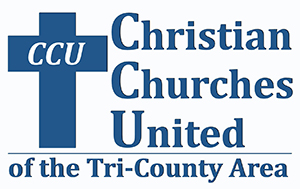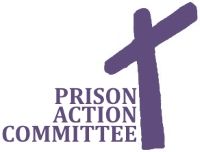Did you know that over one million Americans die every year without a will? Some reports show that as many as 60% to 70% of the more than two million Americans who die each year, do so without a will or any estate plan in place.
What happens when people die without a will? State law provides a “one size fits all” will to care for distribution of your estate. Your will is an important part of an effective estate plan, and something you will want to provide for loved ones, your church, or any other ministry you desire to provide for in this way.
Here are a few commonly asked questions about wills and planning:
- Aren’t state written wills good enough for most people? No, mostly because they are impersonal and don’t take into consideration your special desires. The state may not pick the administrator or guardian for your children who you would have desired. State wills are typically more costly too.
- Does joint ownership mean a will is unnecessary? No. Joint ownership working together with a will can work well, but by itself, is not a good idea.
- Do persons without children need a will? Yes. At times a will can cut probate costs and waive a bonding requirement, in addition to other benefits.
- How much does it cost to have an attorney write a will? This depends on how complicated or simple your estate is. In most cases the cost is less then you might expect, and nearly always less then the cost of not having a will when it’s needed, let alone the peace of mind you receive having things in order.
- Do people usually make charitable bequests only when they have no close relatives or huge estates? This is not always true. Even modest estates, after providing adequately for loved ones, make charitable gifts to organizations they have supported through the years.
Of course there are scores of additional questions you may have regarding planning your will and estate. Please contact your legal or tax advisor when preparing your will or for advise in giving via any of the methods mentioned in this column.
Feel free to contact Nick Mucci, Director of Development, at (717) 230-9550 or nmucci@ccuhbg.org for information on how to include Christian Churches United in your estate plans or planned giving. CCU is not engaged in rendering legal or tax service, so we recommend you contact your professional legal or tax adviser when considering this type of gift.
Full Organization Name: Christian Churches United of the Tri-County Area
Address for Official Business: 413 S. 19th Street, Harrisburg, PA 17104
The official registration and financial information of Christian Churches United of the Tri-County Area may be obtained from the Pennsylvania Department of State by calling toll free, within Pennsylvania, (800) 732-0999. Registration does not imply endorsement.




